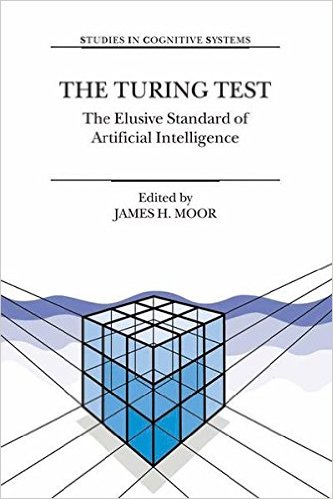James H. Moor, “What Is Computer Ethics?” Metaphilosophy 16(4):266 – 275 (Oct. 1985)
In his influential article “What Is Computer Ethics?” (1985), James Moor provided a definition of computer ethics that is much broader and more wide-ranging than those of Maner or Johnson. It is independent of any specific philosopher’s theory; and it is compatible with a wide variety of approaches to ethical problem-solving. Since 1985, Moor’s definition has been the most influential one. He defined computer ethics as a field concerned with “policy vacuums” and “conceptual muddles” regarding the social and ethical use of information technology:
A typical problem in Computer Ethics arises because there is a policy vacuum about how computer technology should be used. Computers provide us with new capabilities and these in turn give us new choices for action. Often, either no policies for conduct in these situations exist or existing policies seem inadequate. A central task of Computer Ethics is to determine what we should do in such cases, that is, formulate policies to guide our actions. . . . One difficulty is that along with a policy vacuum there is often a conceptual vacuum. Although a problem in Computer Ethics may seem clear initially, a little reflection reveals a conceptual muddle. What is needed in such cases is an analysis that provides a coherent conceptual framework within which to formulate a policy for action.
Moor 1985, p. 266


